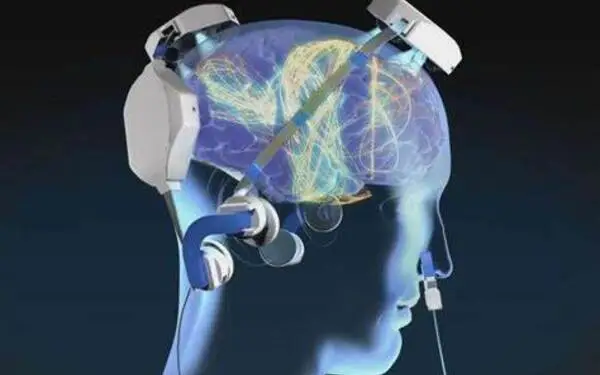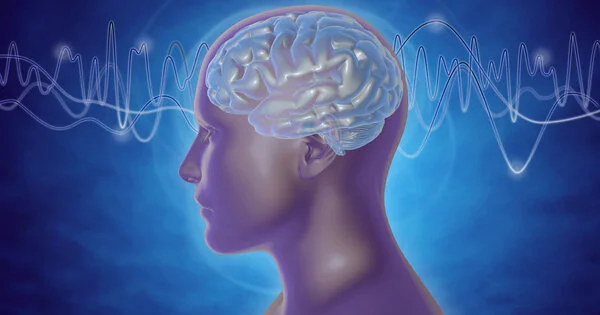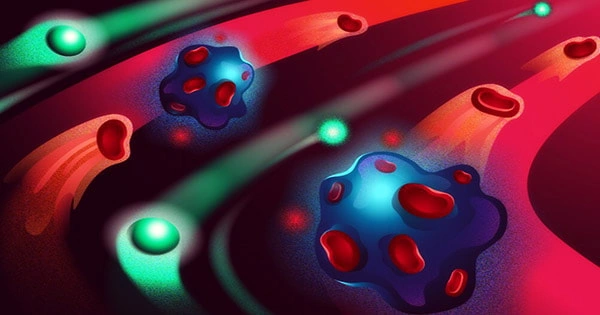According to a new study published in the open-access journal PLOS ONE by Qinghui Meng of Weifang Medical University, China, and colleagues, light therapy improves sleep and psycho-behavioral symptoms in Alzheimer’s disease patients.
Alzheimer’s disease cognitive decline is frequently accompanied by sleep disturbances and psycho-behavioral symptoms such as apathy and depression, agitation, and aggression. Photobiomodulation is a non-pharmacological therapy that uses light energy to stimulate the suprachiasmatic nucleus (SCN), a sleep modulator in the brain. Despite increased interest in light therapy as a potential intervention for Alzheimer’s disease, a systematic evaluation of its efficacy and safety has been lacking.
Light therapy improves sleep and psycho-behavioral symptoms in patients with Alzheimer’s disease and has relatively few side effects, suggesting that it may be a promising treatment option for patients with Alzheimer’s disease.
Qinghui Meng
Researchers in the new study searched multiple research databases for all randomized controlled trials involving light therapy intervention for Alzheimer’s disease or dementia. For further examination, fifteen high-quality trials with available methods and relevant outcomes were chosen. The trials included were written in English, published between 2005 and 2022, and carried out in seven countries. They included 598 patients in total.
The meta-analysis of all fifteen trials discovered that light therapy improved sleep efficiency increased interdaily stability (a measure of the strength of circadian rhythms), and decreased intradaily variability (a measure of how frequently someone transitions between rest and activity during the day). Light therapy also reduces depression, agitation, and caregiver burden in patients with Alzheimer’s disease.

The circadian rhythm, or the body’s internal clock, can be disrupted in people with Alzheimer’s disease, leading to sleep disturbances and other related issues. Exposure to bright light, particularly in the morning, may help regulate the circadian rhythm and improve sleep patterns. However, it’s essential to note that research in the field of Alzheimer’s disease is ongoing, and new findings may have emerged since my last update. Additionally, the effectiveness of light therapy for Alzheimer’s symptoms may vary from person to person.
Given the small sample sizes in the studies included in this meta-analysis, the authors advocate for larger future studies that could also investigate whether bright light exposure causes any negative behavior in patients. They come to the conclusion that light therapy is a promising treatment option for some Alzheimer’s disease symptoms.
According to the authors, “Light therapy improves sleep and psycho-behavioral symptoms in patients with Alzheimer’s disease and has relatively few side effects, suggesting that it may be a promising treatment option for patients with Alzheimer’s disease.”
















